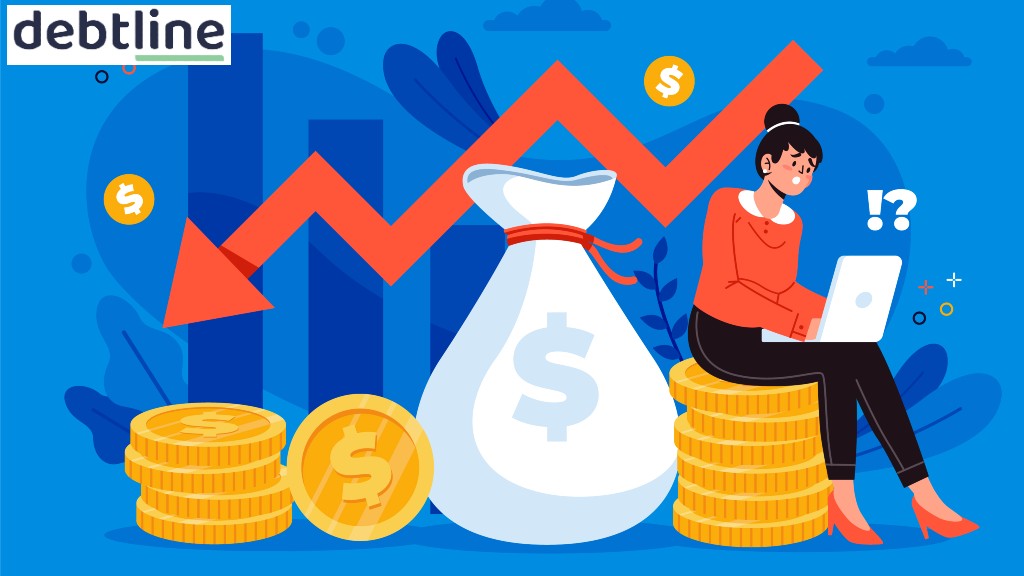The Impact of Spending on Credit in South Africa

The current economic climate has many South Africans reaching for their credit cards, racking up debt. It’s become a common occurrence for South Africans to stress about cash or, worse, spend more than they earn.
It’s having an impact not just on their wallets but on their mental well-being, creating a cycle that can be difficult to break.
We take a closer look at how using a credit card and making debt impacts South Africans.
The Impact of Debt & Too Much Credit
The recent NedFinHealth Monitor 2023 study by Nedbank shows that South Africa’s current financial health score is at 53, which is just above the halfway line. Furthermore, it indicates that 62% of study participants are spending their income amount or more than what they earn.
It shows that many participants have started spending more due to changes in both income and expenses. Around 35% of South Africans have seen a decline in their income over the last year, while a further 76% have seen an increase in their expenses.
Read: Does Your Salary Make it Through the Month?
These drastic changes in their income and expenses have led to a large number of South Africans turning to their credit cards and borrowing funds to make ends meet. According to a recent study, around 37% of respondents have taken out a payday loan within the past year, while another 30% have accessed their wages ahead of the scheduled payday.
No Emergency Savings
Any financial advisor will always tell you to have savings tucked away for a rainy day or emergencies. In fact, the ideal is to have a decent nest egg to cover you if disaster strikes so you won’t have to go into debt or fall under pressure when facing big financial expenses.
At the current time, this is not the case for the majority of South Africans. The hard reality is that most South Africans do not have enough funds to make ends meet, not to mention tuck some away in their savings account. This means a savings account that can cover living expenses for around three months is non-existent in most South African households, and people live from paycheck to paycheck.
Read: Growing Your Savings in SA – The Harsh Truth
According to the statistics, there are around 11% of South Africans who are living comfortably, and 14% are living moderately confident in terms of meeting their financial goals. Only 16% have no debt, while 42% are struggling to manage their debt.
The study shows that unmanageable debt is impacting the mental health of around 67% of South Africans. It becomes a problem as mental and physical health are linked, and money troubles have a big impact on both.
Retail Therapy on Credit
A big concern is that the stress regarding big debts is being let out in the wrong way. Many turn towards retail therapy, which in turn just pushes up the bills even more. The stats show that there has been an increase in credit card and clothing account bills since the start of 2023.
Read: What To Do if a Creditor Calls
The problem, according to Independent Counselling and Advisory Services managing director and psychologist Navlika Ratangee, is that we’re acting on emotion. Our emotions have a direct impact on spending behaviour.
These behaviours show the importance of financial education not just in adults but in minors, too, as a preventative measure.
What is Debtline?
Debtline is a South African debt management company with an expert team of NCR-registered debt counsellors who are there to help you in your journey towards financial freedom. They can assist with financial advice, negotiate debt repayment, and provide protection during Debt Review.
Fill in the contact form via the website to get a free callback from the Debtline team to get started today.